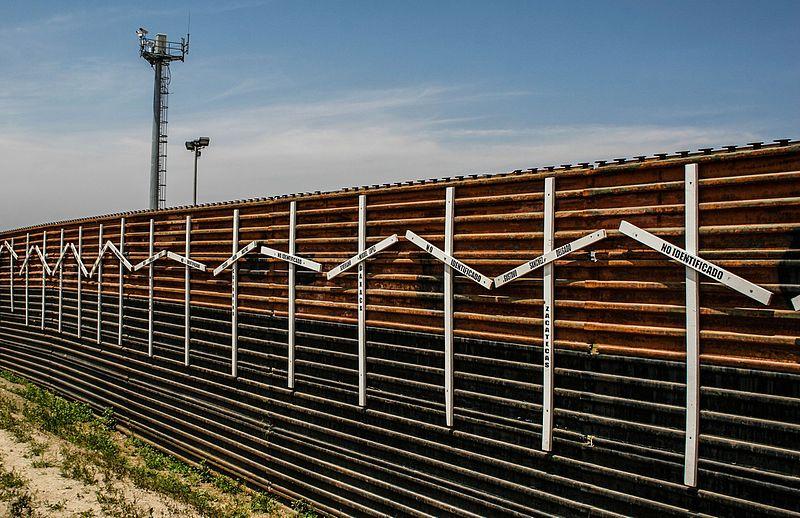Questions For Pope Francis About Human Dignity And U.S. Immigration Policy
Is the Pope saying sub rosa that while the US may sometimes regulate immigration, its primary obligation is to welcome immigrants?

Pope Francis’s “Letter to the Bishops of the United States of America”, released yesterday, raises certain questions for me. I enumerate them here.
The Letter’s fourth section is, in many ways, the heart of the letter. It is also the one about which I have major questions. Pope Francis writes:
The rightly formed conscience cannot fail to make a critical judgment and express its disagreement with any measure that tacitly or explicitly identifies the illegal status of some migrants with criminality. At the same time, one must recognize the right of a nation to defend itself and keep communities safe from those who have committed violent or serious crimes while in the country or prior to arrival. That said, the act of deporting people who in many cases have left their own land for reasons of extreme poverty, insecurity, exploitation, persecution or serious deterioration of the environment, damages the dignity of many men and women, and of entire families… (§ 4)
First, while there is the obligatory acknowledgement of national sovereignty to regulate a country’s borders by immigration laws, that acknowledgement is sandwiched between preceding and following language that renders the theoretical concession nugatory. Is the Pope not saying sub rosa that while a country might sometimes regulate its immigration, its primary obligation is to welcome immigrants? And, when it comes to immigration, do the “reasons” immigrants decide to enter another country–legally or illegally–trump (in the names of “human dignity” and the “surpass[ing] value of the human person”) the country’s right to exclude or remove them?
Is the Pope saying that Catholic Social Teaching requires a state to have a default, pro-immigration legal structure absent other reasons to restrict them in any serious way? If so, what kind? And how compelling? Further, is he saying that the immigrants’ real or perceived threats should receive more weight than national immigration policies?